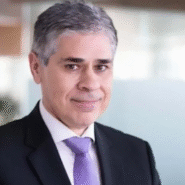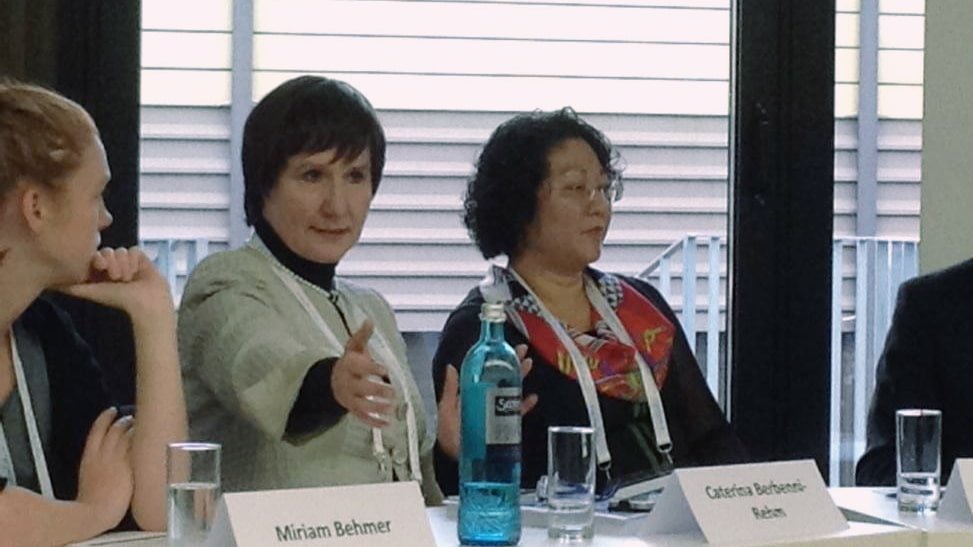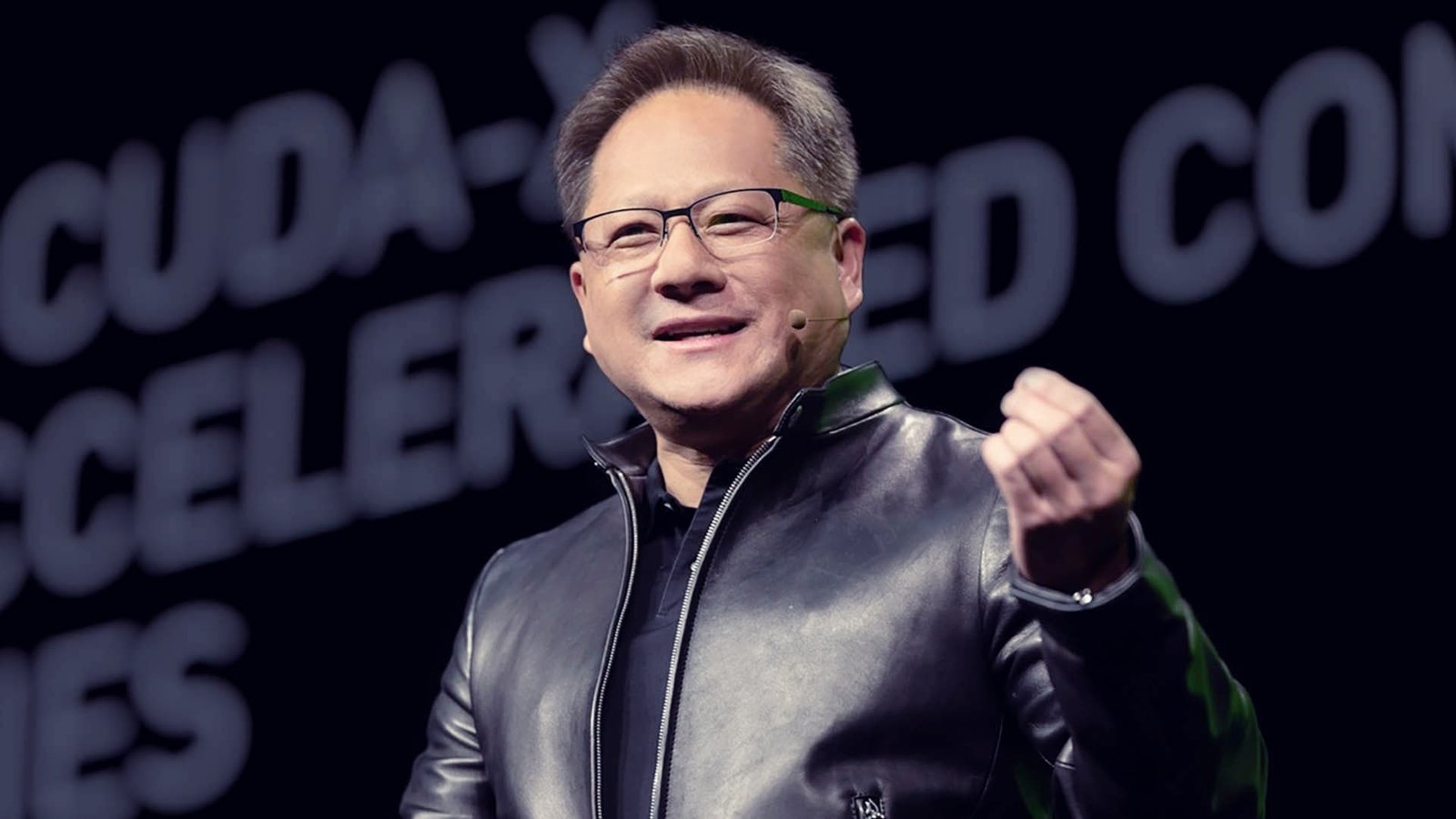The journey of Caterina Berbenni‑Rehm as a business leader was like a walk through the mountains.
She was CEO of FUTUREtec for 14 years, leading an interdisciplinary team of experts in the fields of ICT, knowledge transfer from research to industry, project management up to the deployment of the most innovative outcomes.
A CEO with a Ph.D. in modern philology who innovated the concept of circular economy of knowledge
Caterina Berbenni‑Rehm is the founder and CEO of PROMIS@Service
Before starting the PROMIS® journey, she completed a degree in business administration and a Ph.D. in modern philology. She began her career in marketing at Ferrero Germany, later taking on the leadership of a cultural exchange entity, which was responsible for coordinating 153 individuals.
Later, she was CEO of FUTUREtec for 14 years, leading an interdisciplinary team of experts in the fields of ICT, knowledge transfer from research to industry, project management up to the deployment of the most innovative outcomes.
Today she is considered a strategic innovator and practice‑oriented entrepreneur, with extensive economic, social, scientific, and business management experience at an international level.
Below are the highlights from a must‑read interview:
Tell our audience about your journey as a business leader
My journey as a business leader was like a walk through the mountains. We started with enthusiasm and the goal of reaching the top; very well organized and prepared. The great storm caused by the 2008 financial crisis also hit us. We faced fog, sun, rain, snow, freezing wind. We found ourselves on the edge of an abyss, which we managed to cross with confidence, will, and discipline, without losing our goal.
What was the idea behind starting PROMIS@Service?
In 2000, we had a vision that no one believed could become reality: to develop a portal that would allow European SMEs to access essential information to meet customer requirements in the international market regarding environmental protection, health and safety, and quality. The formal integration of these three thematic sectors (which at that time refused even to talk to each other) was inconceivable!
But we presented this visionary proposal to the European Commission, and they co‑funded our innovation, trusting the socioeconomic value it offered to 23 million SMEs in Europe. Here is where our greatest challenge begins.
Shortly after we began the project, three presidents of a major German consulting firm bet a case of champagne that our company would go bankrupt within two years; nine years later, they admitted they were wrong!
In 2008, the results of our work led to the establishment of PROMIS@Service, as a result of the research, development, and innovation initiative co‑funded by the European Commission.
In addition to technology, we focused on the intangible “soft” aspects: human‑machine interaction, cognitive science, psychology, intercultural aspects, multilingual communication, rules and ethics in science and work.
It was the starting point of what we have since defined as the “multilingual circular economy of knowledge” and a very important framework for pre‑structured multilingual big data, and for evidence‑based use of artificial intelligence.
During my professional journey, and as a member of the EU Ethics Review Board, I learned that in all fields of science and innovation, ethical aspects and rules are key influencers in our daily work, one way or another.
The circular economy of knowledge means how to structure, protect, manage, communicate, share, reuse and capitalize multilingual knowledge in an integrated way.
How do you diversify your company’s cutting‑edge services/solutions for individuals, entrepreneurs and business leaders?
In an increasingly connected world, everything we do now focuses on the question of how to make knowledge a tangible asset, because knowledge is the most valuable individual and human capital.
I believe that respecting and valuing individual knowledge, which is one of our business models, also creates a kind of “natural selection” in terms of the quality (or irrelevance) of the data and information provided.
Within a generic framework that supports the effectiveness of people across multiple languages and offers different layers of structure and filtering, the diversification of services and solutions is generated by the people themselves, entrepreneurs and business leaders, both in sectoral form and ready‑to‑use turnkey style solutions.







